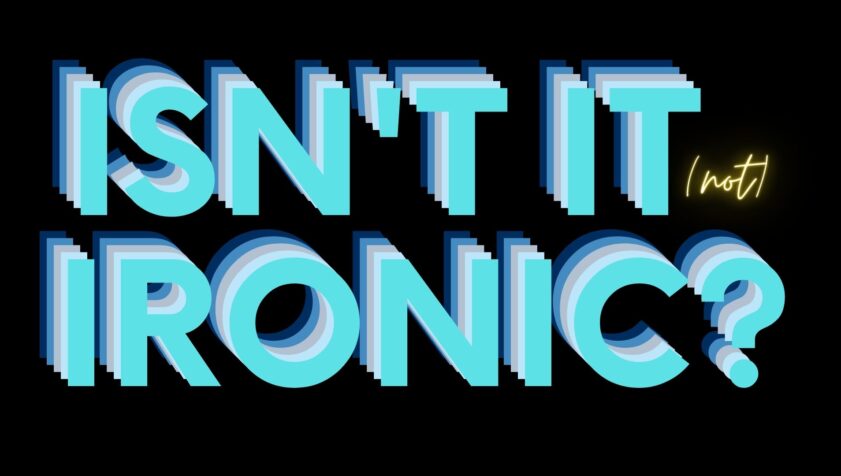Few business have made as big of a mark on the way of work as Zoom, the pioneering platform for video conferencing. It took hold of the virtual meeting landscape like its predecessor, Skype, and contemporaries, such as Microsoft’s Teams, could only dream of. Much like Kleenex, Xerox, Google, and Taser, it’s become the common name for the entire category of video communications. It transformed the way we communicate and collaborate across distances. Zoom symbolized technology’s capacity to reshape traditional work paradigms.
In a twist that many consider ironic at first glance, the company that championed and elevated remote work is now opting into the hybrid model. This shift requires employees residing within 50 miles of a physical office to return part-time to the workplace. The same company that had enabled countless individuals to work remotely is now mandating a hybrid model, urging employees back to physical offices.
While reading The New York Times article announcing the change, I instantly thought of Alanis Morisette’s iconic song, “Ironic.” While “Ironic” and Zoom’s decisions don’t actually pass the definition of irony, they feel ironic. The song’s exploration of life’s contradictions resonate with Zoom’s journey.
The shift can be seen as reflecting the changing understanding of work itself. While remote work offers unmatched flexibility, some employers doubt its efficacy. Is this due to a lack of trust in employees or a traditional mindset of needing physical presence in a corporate office? Face-to-face interactions hold value, fostering collaborative brainstorming, team cohesion, and spontaneous discussions—elements potentially compromised in a remote setting. There’s also the idea that organizations have invested millions of dollars into real estate and want to see people in the seats of that investment.
Zoom’s choice to embrace a hybrid work model highlights the changing landscape of the modern workplace. What worked years or even months ago is reevaluated and deemed ineffective today. The trouble lies in a company integral to the remote work movement advocating for a return to physical offices. Like Morissette’s song invites contemplation of life’s paradoxes, Zoom’s transition urges reflection on the intricate interplay of technology, work, and human connections.
The lesson here is that change often creates unforeseen consequences, and our ability to adapt defines our success in navigating these complexities. Moving forward, embracing life’s twists as opportunities for growth and learning is paramount.
NOTE ON IRONY: Did you know Alanis Morisette’s song “Ironic” isn’t technically ironic? There’s debate that in its lack of irony it’s become ironic. The actions in the song are actually bad luck, not true examples of irony. Even Alanis recognizes that the song isn’t ironic. While it’s not my area of expertise, you can read an article explaining the song’s original lack of irony and it’s potential of situational irony here>>

